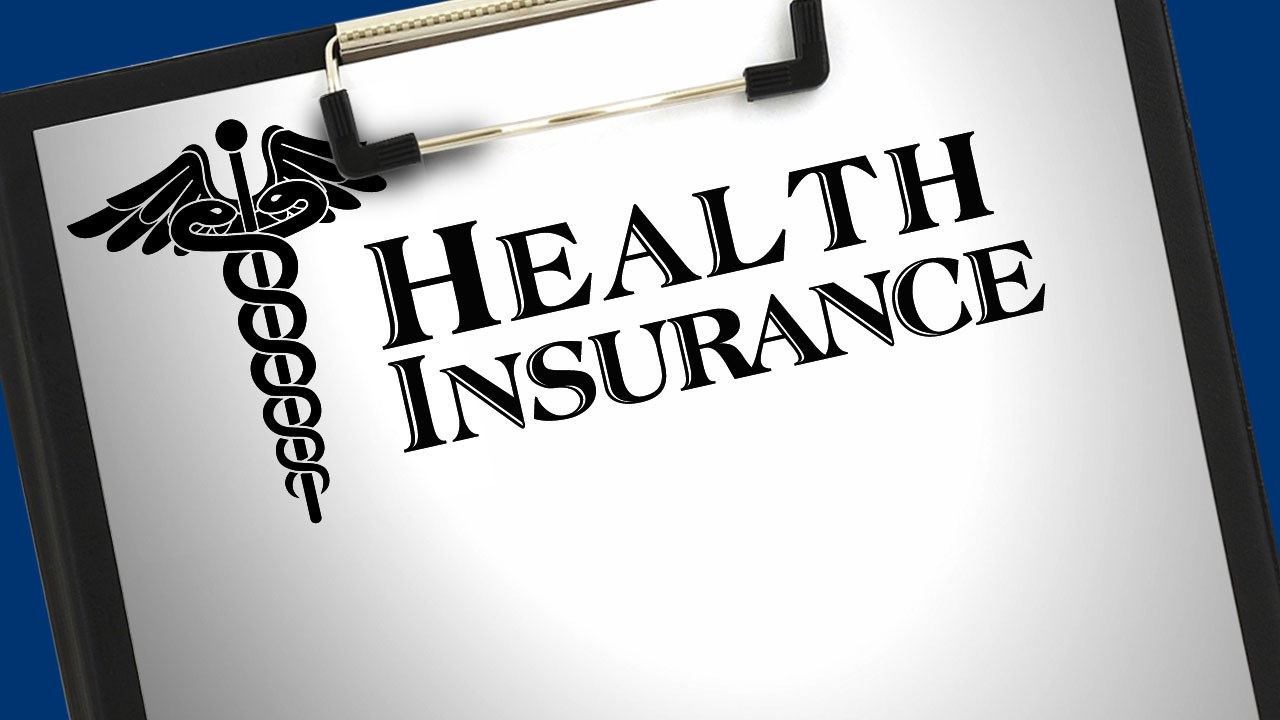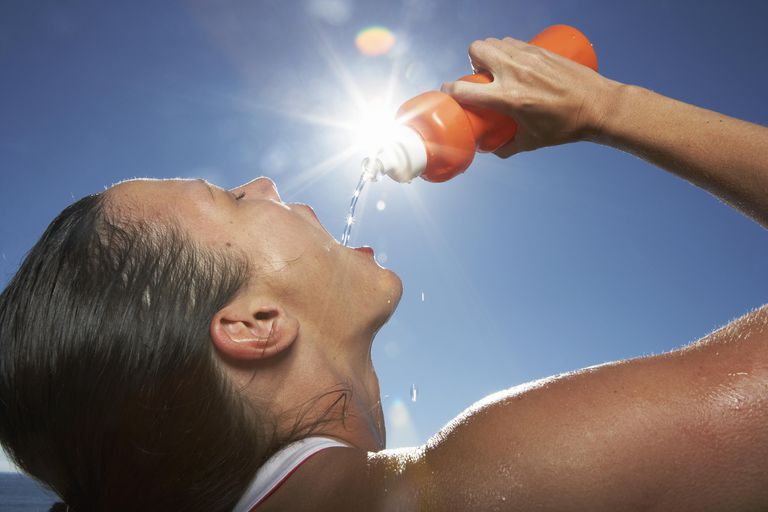Waterborne diseases, as the name suggests, are spread from contaminated water. That’s because pathogenic microorganisms such as protozoa, viruses, bacteria, and intestinal parasites – thrive as well as multiple in stagnant water sources, thereby making it contaminated and unfit for use.
While some of these diseases can be treated easily, others can take some time to flare up. However, with a waterborne disease health insurance, one can get adequate coverage for a range of diagnostic tests, doctor’s fees, and treatment-related expenditure that can otherwise pile on rather fast.
Stated below are some of the common types of waterborne diseases in India:
Typhoid
Typhoid fever (or simply typhoid), also known as enteric fever, is a bacterial infection caused by a particular type of Salmonella and can spread with the usage of contaminated water and food. Symptoms might vary over mild to severe, and start exhibiting around 6 days to a month from the day of exposure.
A few common indicators of typhoid include headache, stomach pain, high fever, nausea, lethargy, vomiting, general weakness, and loose stools. Vaccines are typically recommended in regions that are considered vulnerable to typhoid.
Diarrhea
One of the most common waterborne diseases in the country, diarrhea – typically affecting children below the age of 5 years – spreads through contaminated food and water. In most cases, diarrhea lasts for up to 2 weeks and the affected exhibits symptoms including pale skin, dehydration, loss of consciousness, dizziness, and bloody stools (in rare cases).
Cholera
This infectious disease – typically causing severe diarrhea leading to dehydration – can turn fatal if not treated on time. Drinking water or eating food that is contaminated with Vibrio cholera (a bacterium) leads to this disease. Though it is rare, the disease can flare up in a matter of days and warrant immediate medical intervention.
Some of the more common symptoms include dehydration, lethargy, vomiting, nausea, dizziness, and diarrhea. More severe cases are marked by occurrences of seizures and shocks, coupled with water-electrolyte imbalance.
Amebiasis
Also called amoebic dysentery, amebiasis is an infection of the colon caused by the parasite Entamoeba histolytica. Akin to other waterborne diseases, amebiasis is caused by drinking water or eating uncooked foods washed in contaminated water.
Symptoms usually include diarrhea and mild cramping. Some of the more severe and rare cases are marked by a persisting fever, bloody stools, and liver abscesses.
Hepatitis
This disease – caused by the Hepatitis A virus – is a highly transmissible inflammation of the liver that can spread through infected water and food or coming in contact with an already affected individual. Getting adequate rest and staying hydrated through the better part of the day can help in this regard.
Some of the common symptoms include fatigue, abdominal pain, nausea, low yet persisting temperature and a significant loss of appetite.
How do you deal with waterborne diseases?
To start with, it is good to bear in mind that certain groups of individuals – children, pregnant women, people with an underlying medical condition and those with a weak immune system — are inherently more vulnerable to severe complications resulting from food and waterborne diseases. That being said, there are ways to prevent such illnesses, some of them being:

- Practice personal hygiene
- Stick to washing your hands frequently. Wash your hands after using the washroom, changing your kid’s diapers or coming into contact with animals.
- Wash your hands before you get down to cooking. Don’t forego the habit after having cooked the food as well.
- Drink boiled water at all times.
- Should your immunity be weak, more often than not, you’d find that it is because of an unclean source of water at your house. It follows that you should regularly check on the source of water and get it cleansed.
- Get a top-quality water purifier that can get rid of the harmful pathogens. This is the best way to ensure you’re consuming purified water every day.
- Keep off tap-water or ice, for that matter, while traveling to an area that is prone to waterborne diseases.
- Do not drink untreated water directly, or from a source that is used by others. This includes swimming pools, interactive fountains, shallow lakes, etc.
In conclusion, remember that these disorders can flare up in no time and increase in severity if not treated right away. It is better to be prepared for any anomaly; and it follows that you should ideally invest in comprehensive health insurance for typhoid or other waterborne disease insurance cover, for that matter – particularly with monsoons just around the corner now.
Check out Bajaj Finserv’s Pocket Insurance that offers affordable insurance solutions that are designed in keeping with a range of needs – starting from lifestyle and travel to health and life.

